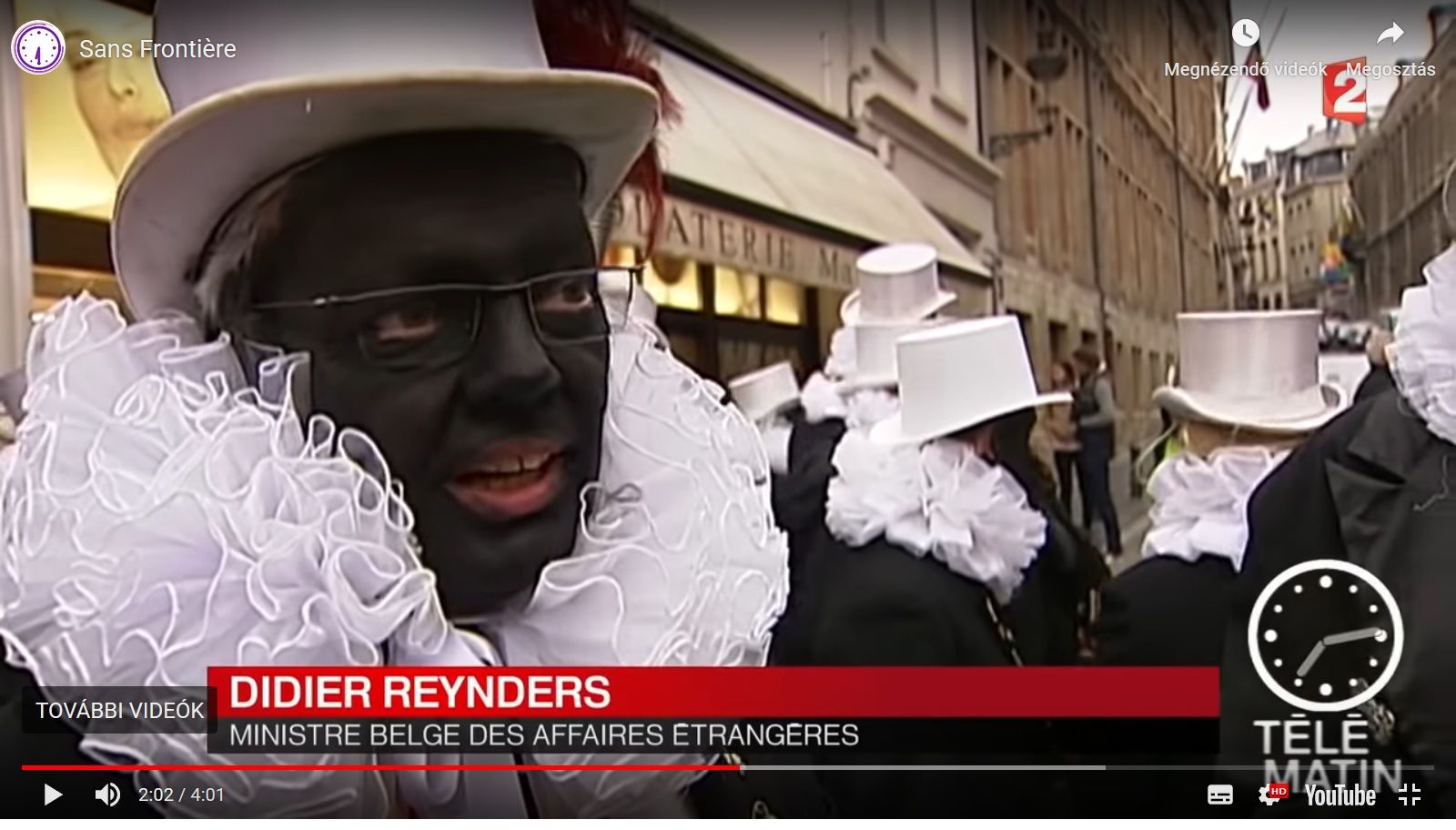Didier Reynders' latest scandal just 'tip of the iceberg' in Brussels corruption
It is both shocking and absurd that Didier Reynders, who served as European Commissioner for Justice, stands out among the Brussels elite for his corruption scandals.
In recent days, the public’s attention has once again turned to Brussels’ graft scandals after Didier Reynders, the former European Commissioner for Justice, became embroiled in a money-laundering scandal that has stirred up significant controversy both in Belgium and the EU. Belgian federal police launched an investigation into Mr. Reynders months ago and, as his EU mandate expired on Sunday and the politician lost his immunity as a European Commissioner, officers have searched his house in connection with the case.
Mr. Reynders is accused of using money of dubious origin to purchase lottery tickets for decades and then transferring the winnings to his personal account.
In recent years, Didier Reynders – the protagonist of numerous scandals – has become a symbol of Brussels corruption. He was previously accused of accepting bribes from public procurement deals and arms trafficking by a former secret agent. The case even went to court, but the charges against Mr. Reynders were always dropped.
The plaintiff, Nicolas Ullens de Schooten, served in Belgium’s national security service between 2007 and 2018, specialising in white-collar economic crimes.
Mr. Ullens claimed that during his time in office, he repeatedly reported that Mr. Reynders, who held the positions of finance, and then foreign minister, could be involved in several corruption cases and money laundering, but authorities have not launched any investigation into the liberal politician’s affairs. After filing the lawsuit, Alexis Deswaef – Mr. Ullens’s attorney – told the Belgian Le Soir newspaper that his client had even received death threats and that the head of Belgium’s secret services had indicated that his activities were not welcome.
In another case, there were strong suspicions that Mr. Reynders had accepted millions of euros in bribes concerning a public procurement process for the construction of the Belgian embassy in the capital of the Democratic Republic of Congo, Kinshasa. Between 2009 and 2011, while serving as Belgium’s finance minister, Reynders is also suspected of being involved in arms trafficking with dubious political figures, including warlords from Kazakhstan.
Politico: #Belgium asked #Libya to settle debts owed to Belgian companies from #Gaddafi era to release frozen assets on „humanitarian grounds”, a letter by Belgian Foreign Minister Didier Reynders to 2012 Libyan Foreign Minister Ashour Bin Khayal unveils#Alnabaa pic.twitter.com/DWJIbES21Z
— Alnabaa TV – English (@Alnabaatv_lyen) February 21, 2019
During this period, Mr. Reynders also met with the deposed dictator Muammar Gaddafi, under the guise of political visits. After Gaddafi’s fall in 2011, his estimated fortune of €14 billion was frozen by the Libyan Investment Authority (LIA) and overseen by the EU. This is precisely when former Finance Minister Mr. Reynders was appointed foreign minister, who never blocked any interest rate payments prior to his departure from the treasury. Hundreds of millions of euros went missing, and it is believed that the money ended up in fictitious accounts linked to Libyan militias involved in human trafficking. Mr. Reynders has yet to provide a satisfactory explanation for the events, or for the valuable African artworks that came into his possession.
Racism also appears to be no stranger to the former Commissioner: in 2015, Mr. Reynders darkened his face and dressed as “Black Peter” at a charity event to raise money for sick children. The descendants of enslaved people, including those from the Belgian Congo, understandably take offense to such jokes, whether in Belgium or elsewhere in the world.

In 2012, further damaging his reputation as Belgium’s foreign minister, Mr. Reynders made a private visit to Saudi Arabia, where he was hosted by Prince Najef bin-Fawaz al-Salan. In 2007, a French court sentenced the Saudi prince to ten years in prison for smuggling two tons of cocaine into the country on a diplomatic flight. However, since there is no extradition agreement between Interpol and Saudi Arabia, al-Salan never served his sentence. Once the dubious meeting was revealed, Mr. Reynders claimed to Belgian journalists that he had no idea about his counterpart’s criminal past.
Despite all of this, Mr. Reynders was still appointed European Commissioner, and the most absurd aspect of the whole affair is that he was appointed to lead the Justice portfolio during the previous term.
Tags:

